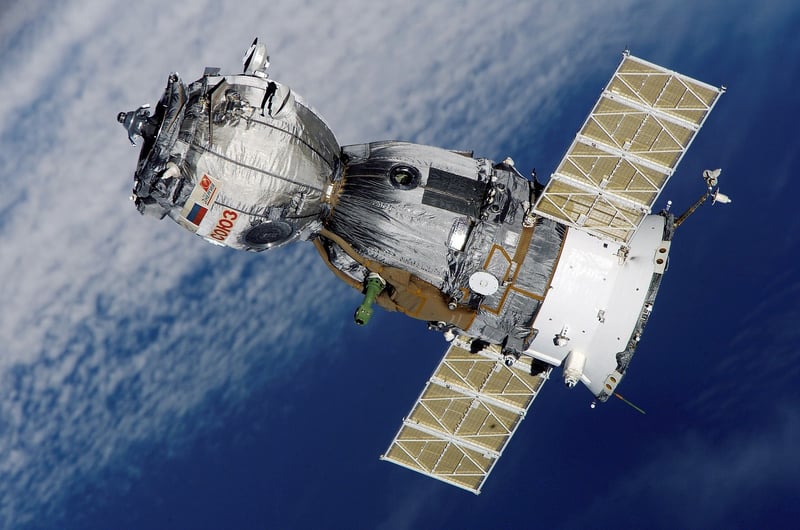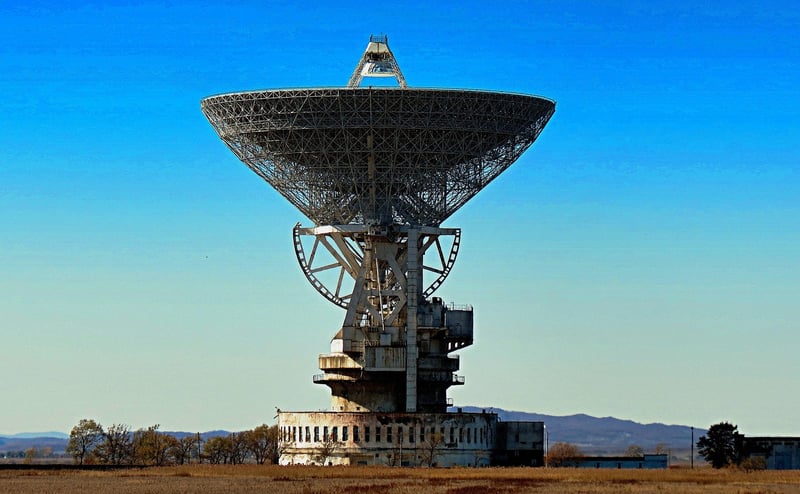Satellite Technology
Exploring the Future: Advancements in Space and Satellite Technology
Space exploration has always captivated the human imagination, pushing the boundaries of what is possible and expanding our understanding of the universe. In recent years, significant advancements in space and satellite technology have revolutionized how we interact with the cosmos. Let's delve into some of the incredible developments that are shaping the future of space exploration.
The Rise of Small Satellites
One of the most notable trends in satellite technology is the rise of small satellites, also known as CubeSats. These miniature satellites are cost-effective to produce and deploy, allowing for more frequent and diverse space missions. With companies like SpaceX offering rideshare opportunities for CubeSats, even smaller organizations and universities can now participate in space research and exploration.

Advancements in Propulsion Systems
Another area of significant progress is in propulsion systems for spacecraft. Innovations such as ion propulsion are making it possible to travel further into space with greater efficiency. This technology is crucial for long-duration missions to distant planets and celestial bodies, paving the way for future human exploration beyond Earth's orbit.
Remote Sensing and Earth Observation
Satellites play a vital role in remote sensing and Earth observation, providing valuable data for climate monitoring, disaster response, agriculture, and urban planning. High-resolution imaging satellites can capture detailed views of our planet, enabling scientists and policymakers to make informed decisions based on real-time information.

The Promise of Space Tourism
Advancements in space technology are not just limited to scientific exploration. Companies like Virgin Galactic and Blue Origin are pioneering the field of space tourism, aiming to make space travel accessible to private individuals. With the development of reusable rockets and spacecraft, the dream of experiencing space firsthand is becoming a reality for adventurous civilians.
Collaborative Space Exploration
International cooperation is essential for the future of space exploration. Initiatives like the International Space Station (ISS) demonstrate the power of collaboration among nations to conduct groundbreaking research in microgravity environments. As we look towards Mars and beyond, global partnerships will be key to achieving ambitious space missions.
Conclusion
From small satellites to propulsion systems and Earth observation, the advancements in space and satellite technology are opening up new possibilities for exploration and discovery. As we continue to push the boundaries of human achievement, the future of space exploration holds endless opportunities for innovation and collaboration.
